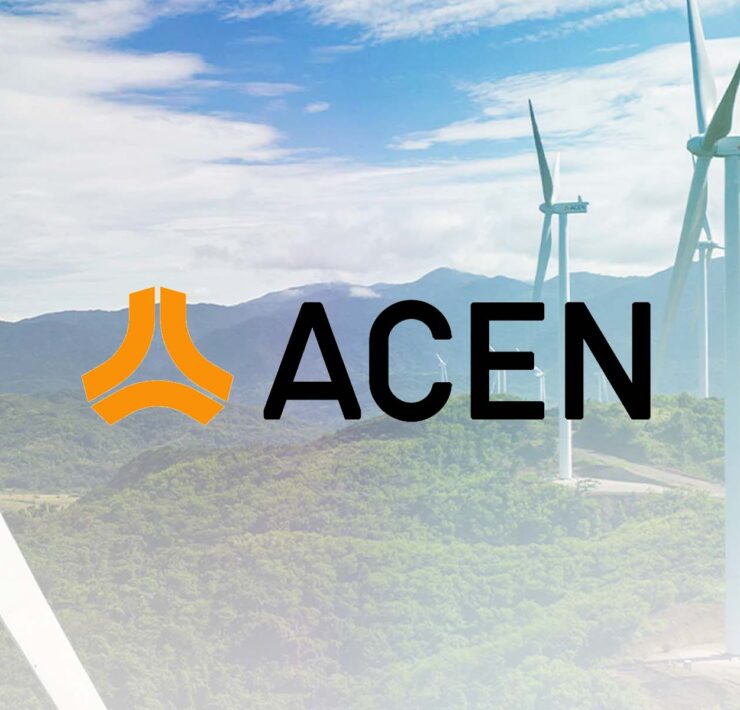MVP drops out of CBK hydropower race

Tycoon Manuel Pangilinan-led Meralco PowerGen Corp. will no longer join the bidding for Caliraya-Botocan-Kalayaan (CBK) hydroelectric power plant complex in Laguna province.
Emmanuel Rubio, president and chief executive officer of MGen, cited the group’s “limited” resources and portfolio to pursue the 796.64-megawatt (MW) project, a state-owned power asset up for privatization by Power Sector Assets and Liabilities Management Corp. (Psalm).
“There’s still the limited portfolio that we have in order to at least provide the value for CBK that would be competitive,” he told reporters in a chance interview.
“We decided not to proceed with that. I think, let the others with the bigger portfolio [participate],” the executive added.
Potential bidders
MGen, the power generation arm of distributor Manila Electric Co., was among the 28 companies that had expressed interest in the hydro plants.
SN Aboitiz Power Corp., First Gen Corp., ACEN Corp., and Citicore Renewable Energy Corp. also indicated interest to vie for CBK.
“And, there’s also a GEAP (Green Energy Auction Program) for pump storage. So, if there’s a GEAP for pump storage, it would be difficult to value CBK if you’re competing with a pump storage,” Rubio added.
P50B-to-P100B proceeds
In March, Psalm chair and Finance chief Ralph Recto said the state-run organization expected to generate P50 billion to P100 billion from the privatization of the CBK power plants in Lumban, Majayjay and Kalayaan in Laguna.
Recto said they were targeting to conduct the bidding in the “next few months,” with the awarding eyed by 2025.
Currently, the CBK plant complex is under a build-rehabilitate-operate-transfer and power purchase agreement between the CBK Power Company Limited and the National Power Corporation for 25 years. This setup will last until February 2026.
According to PSALM president and CEO Dennis Edward Dela Serna, the CBK complex is the group’s “major privatization project for 2024.”
“Psalm will commit all its efforts to ensure that this will be a win-win privatization project for both the government and the winning private company, yielding optimal returns while serving the government’s interest,” Dela Serna previously said.





















